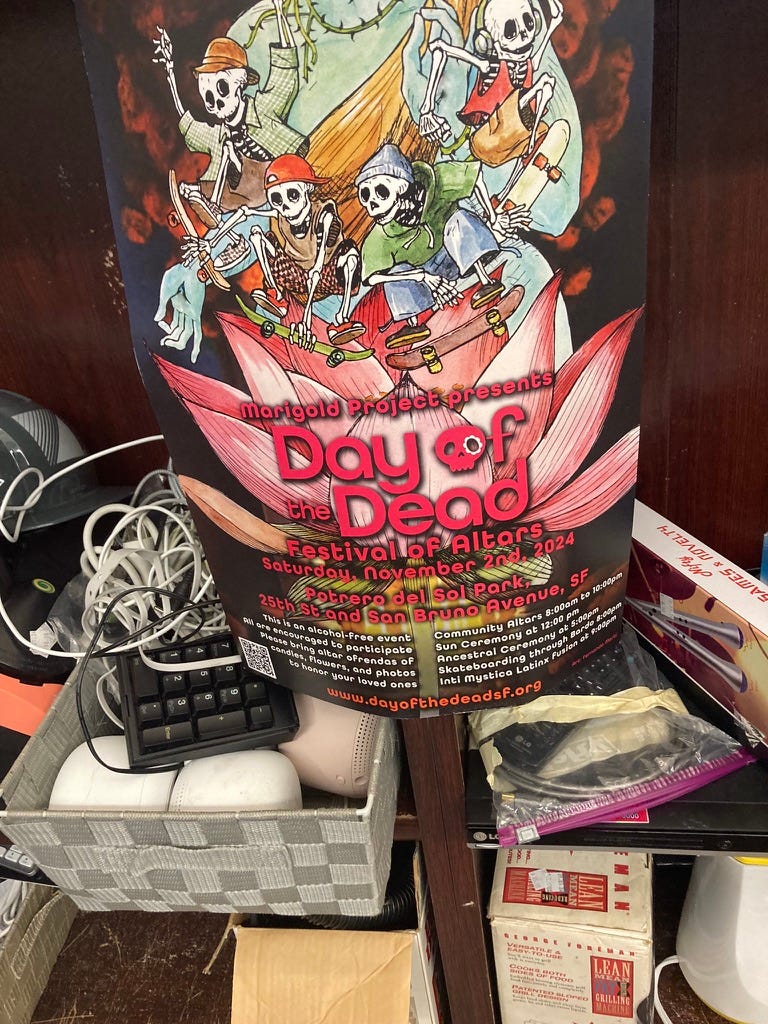Right where we sit now
https://alexanderdugin.substack.com/p/encounter-with-heidegger-an-invitation/comments
Lev Shestov spoke of Mis-Logos. In his last years Shestov brooded incessantly over what he called, in a letter to [Sergei] Bulgakov, "the nightmare of godlessness and unbelief which has taken hold of humanity." He was convinced that only through "the utmost spiritual effort," as he termed it, could men free themselves from this nightmare. His own life concentrated on a passionate struggle against the "self-evident" truths of speculative philosophy and positivistic science which had come to dominate the mind of European man and made him oblivious to the rationally ungrounded but redeeming truths proclaimed in the Bible. This struggle is most fully reflected in his last and greatest book, the monumental Athens and Jerusalem, on which he worked for many years and completed just a year before his death. https://www.enotes.com/topics/lev-shestov/criticism/criticism/bernard-martin-essay-date-1966





The old and the new
Why are we able to describe and analyze the old that is dissolving but are unable to imagine the new? Perhaps because we believe more or less unconsciously that the new is something that comes – no one knows from where – after the end of the old. The inability to think the new is thus betrayed in the careless use of the prefix post : the new is the post-modern, the post-human – in any case something that comes after. Precisely the opposite is true: the only way we have to think the new is to read it and decipher its hidden features in the forms of the old that passes and dissolves. This is what Hölderlin clearly states in the extraordinary fragment on The Fatherland That Sets , in which the perception of the new is inseparable from the memory of the old that is sinking and must indeed somehow lovingly assume its shape. What has had its day and seems to be dissolving loses its relevance, is emptied of its meaning and somehow becomes possible again. Benjamin suggests something similar when he writes that in the moment of memory the past that seemed complete appears incomplete and thus gives us the gift of the most precious thing: possibility. Only the possible is truly new: if it were already current and effective, it would always be already deciduous and aged. And the possible does not come from the future, it is, in the past, what has not been, what perhaps will never be, but what could have been and which therefore concerns us. We perceive the new only if we are able to grasp the possibility that the past – that is, the only thing we have – offers us for a moment before disappearing forever. It is in this way that we must refer to Western culture that everywhere around us today is unraveling and dissolving.
April 7, 2025
Agamben